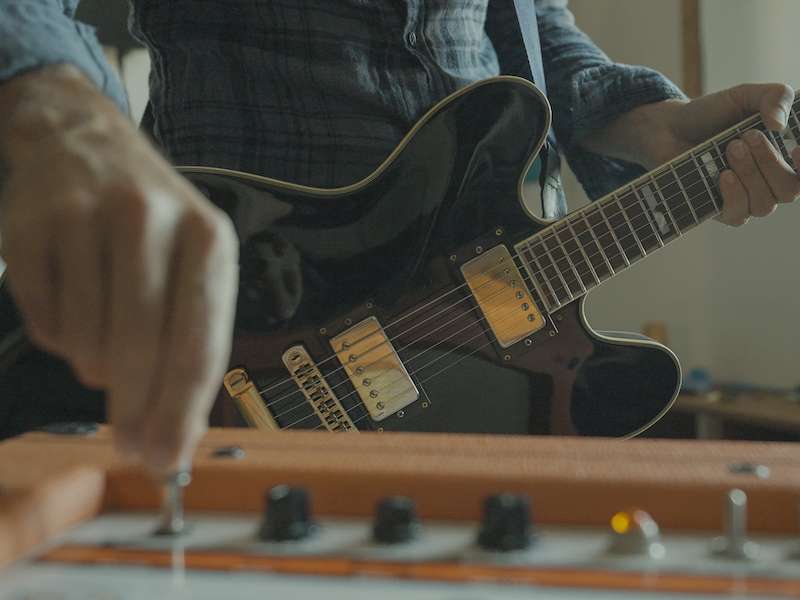“Do you like music?” is sort of like asking “Do you breathe air?”–seriously, who’s going to say no? But enjoying music that’s too loud can put your hearing at risk. Finding the right headphones, for example, is important for day-to-day listening, but when it comes to listening to live music, you’ll want a whole different level of protection. Here are three steps you can take to safeguard your hearing and still enjoy a live concert.
Wear hearing protection
Time was, you’d see roadies wearing earplugs, and that was about it. Now, it’s not uncommon to see plenty of fans in the crowd who’ve brought hearing protection. Is it the coolest style statement you could make? No. But it’s also not a fashion faux pas either. And protecting your hearing is definitely worth it.
Your inner ears are full of tiny, hair-like cells that are can be damaged by loud noises. They actually bend as sound waves pass over them, but extremely loud sounds or noise exposure that lasts excessively long can be too much for them. Instead of bending, they break or snap. The noise level at a rock concert can easily reach 115 dB. That’s loud enough that the CDC and NIOSH define the “recommended permissible exposure time” as under three minutes–not even enough for one song! Listening for longer than that puts you at risk of permanent damage to your hearing.
If you’re using earplugs, it’s important to be sure you’re using them properly. For an event like a concert, foam earplugs that are made for one-time use are your best bet. They’re inexpensive, plus they “spring back” to comfortably fit your ear. Just don’t reuse them–that foam is attractive to bacteria, and it’s not worth risking an ear infection just to save a buck. (Or less–earplugs can be really cheap.)
Stay away from the amps
It’s not especially surprising that musicians from notoriously loud rock bands–think The Who’s guitarist Pete Townshend or Van Halen drummer Alex Van Halen–have suffered from noise-induced hearing loss. On tour, they’d be exposed to (and making) loud noises for prolonged periods of time night after night. But even quieter styles can take a toll: British musical theatre actress Elaine Paige experienced noise-related hearing loss from her more than half-century-long career on the stage.
One easy fix: If you’re at a general admission concert, whether it’s in a club or at an outdoor festival, don’t go anywhere near the speakers. Yes, that might mean standing further from the stage, but it shouldn’t impede your ability to hear the music. Find a spot where you’ve got a good view, but the music isn’t blasting in your ears.
See a hearing specialist if you notice a change
The day after a concert, you might wake up with a loud ringing in your ears. That’s tinnitus, and in this situation, it’s likely a sign that even if those little cells inside your cochlea aren’t damaged, they certainly aren’t happy. Experiencing a buzzing, ringing, or crackling in your ears that lasts for a few hours or days after exposure to loud noise is so common that pretty much everyone has had it at some point in their lives.
But tinnitus that persists is an entirely different issue. The CDC estimates that over 50 million Americans have experienced tinnitus, with about 20 million of those cases being chronic. If you’ve got a buzzing or ringing that lasts longer than normal, it’s a good idea to talk to a hearing specialist. After all, it may not be just that one concert–if you listen to music in the car, around the house, and especially via earbuds, you may be accumulating damaging noise exposure without even realizing it. A common rule of thumb for safe music exposure is the 60/60 rule: Listen to music for no longer than 60 minutes at a stretch, with the volume turned up no higher than 60% of its maximum.
Nobody’s saying that you need to turn off the music! Just be smart about how you enjoy it, and be proactive about seeking help if you notice a difference in your hearing. After all, you want to keep listening, don’t you?
